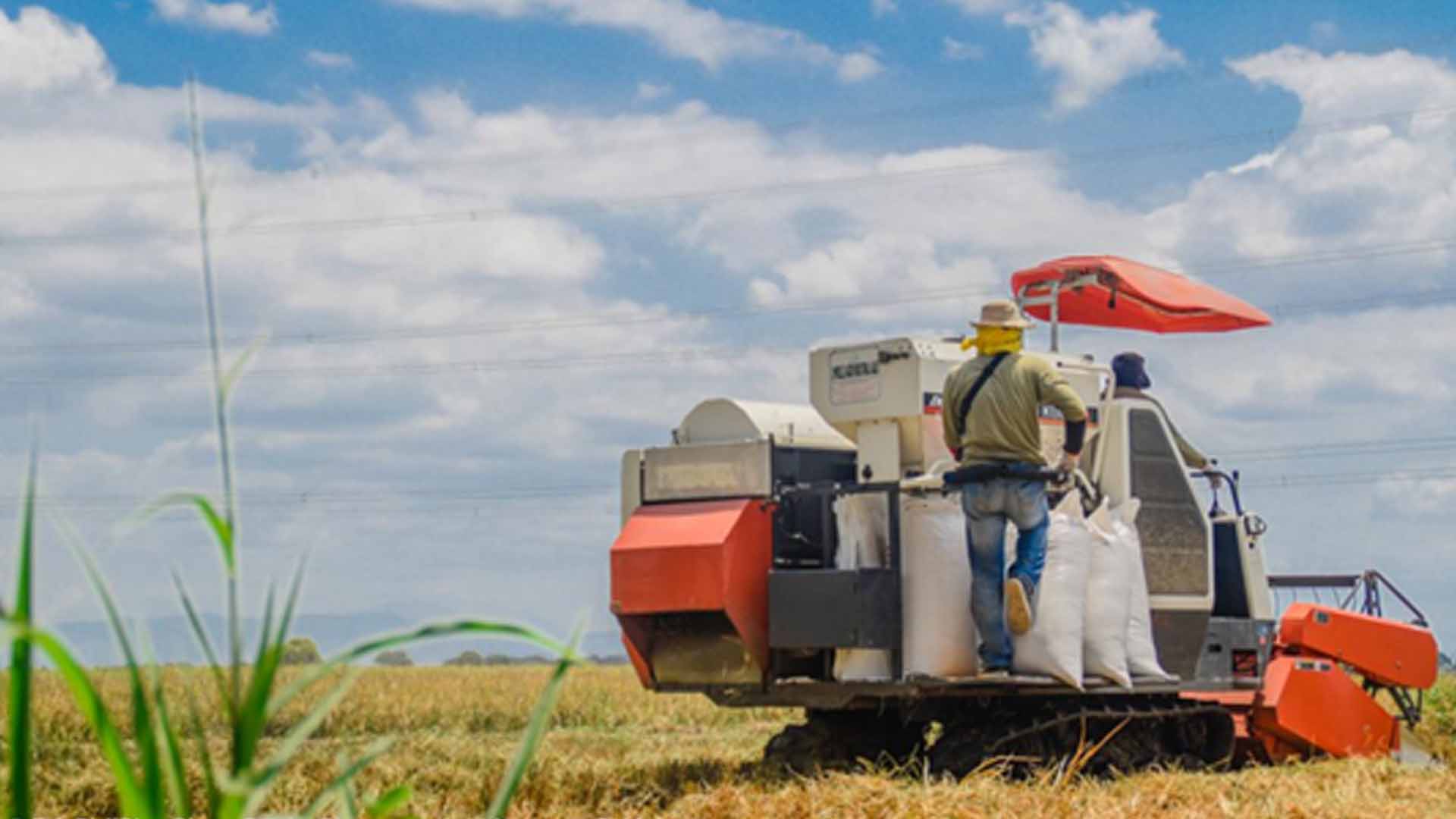This harvest season, Rolando C. San Gabriel, retired agriculturist and now a seed grower, achieved a good harvest through continuous learning.
“Though I may know about rice farming more than other farmers because of my profession, I still look for opportunities to learn because I believe that as I gain knowledge, I can achieve better results,” the 70-year-old farmer said.
San Gabriel harvested 18 cavans of NSIC Rc 508 (57kg each) from his 800m2 farm and 15 cavans of NSIC Rc 510 from his 700m2 farm.
“This translates to about 12t/ha, which is higher than the average yields of these varieties,” he said.
He also added that inbreds can yield as high as hybrids with proper management.
With his rich experience and profession, San Gabriel still attends trainings like the Rice Seed Production Training conducted by the Agricultural Training Institute of the Department of Agriculture (DA) that he recently attended.
“Because I live near DA-Philippine Rice Research Institute’s (PhilRice) office, I take advantage of it. I personally visit the Institute to ask for new technologies I can adopt and for new or updated reading materials,” he added.
San Gabriel started rice farming in 1983 when he got married to his wife who is a native of Nueva Ecija. While working as a government employee, he was farming as an additional source of income for his family.
He said that it was challenging at first because even though he is an agriculturist, he still had a lot to learn.
Being in the agriculture sector and farming at the same time for decades, he learned practices and technologies that he wanted to share with his fellow farmers.
“The soil’s condition is crucial in rice farming so I make sure that my field’s soil has enough organic matter,” he said.
He shared that he applies 10 bags of organic fertilizer in a hectare. He started by incorporating vermicompost to the soil, then he eventually used carabao manure. The two have similar effects in improving soil condition, according to him.
Choosing the rice variety to plant is also crucial for him.
“You have to choose a variety that is suited in your locality. Although it is essential to consider if the variety is high yielding and has good eating quality, it is also important that it is adapted to local conditions,” he emphasized.
He also shared that it is possible to minimize use of pesticide, which he did ever since he started farming.
“I only use snail killer because snails are a problem on my farm. I also use herbicide only during the dry season because weed control is difficult with minimal supply of water. I don’t apply herbicide in the wet season as the weeds can be controlled through water management,” he shared.
He also does not spray insecticides on leaf-feeding insects because while the rice plant is in tillering stage, the crop recovers during the rest of its growing season.
He said that the DA-PhilRice’s PalayCheck System is a helpful guide in all stages of his farming.
“Let us listen to what experts have to say and apply them to our farm. This does not necessarily mean that we have to change everything that we used to do. We just need to improve and incorporate other practices and technologies,” he said.
He also shared that having a target amount of harvest each season is important.
“If you have a target yield, then you will be motivated to do everything you can to achieve it,” he said.
Record keeping is also very essential, according to him.
“If you keep records of what you did, it will be easy to look back at what went wrong if your harvest is less or what you did right when you achieved a high harvest,” he said.
He advised his fellow farmers not to get tired of learning and to keep on asking for information from agricultural technologists and other experts.
“Do not stop learning, keep records, focus on how to improve your harvest, and adopt technologies that suit your farm. This will help bring success to you,” he stressed.
Browse bit.ly/PhilRice, bit.ly/3PhilRKB, and bit.ly/PhilRiceFB to learn more about rice production and to know about trainings and programs that you can avail from DA-PhilRice.







